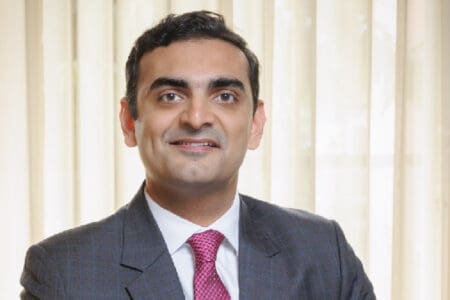Mumbai: In a bid to strengthen its drug regulatory system, the Maharashtra Food and Drug Administration (FDA) has unveiled a comprehensive overhaul strategy, deftly utilizing Rs. 24.59 crore from the Rs. 136 crore Central assistance scheme until March 2024. This Centrally Sponsored Scheme (CSS), with a 60:40 financial partnership between the Central and state governments, aims to strengthen the state’s drug regulatory infrastructure.
Underscoring the gravity of the situation, the Union health ministry is actively reviewing the scheme every two years, which was set into motion on May 1, 2017. The ambitious initiative, slated to conclude on March 31, 2025, signifies a collaborative effort to elevate Maharashtra’s drug regulatory apparatus to international standards.
“Acknowledging the urgency of bolstering compliance, the Maharashtra FDA is undertaking significant strides in augmenting its manpower. Of the 200 sanctioned posts, only 82 drug inspectors are presently active, prompting concentrated efforts to rectify shortages, particularly in the Marathwada and Vidarbha regions,” informed Maharashtra FDA Commissioner Abhimanyu Kale.
The shortage of Assistant Commissioners is another focal point, with a staggering 38 out of 66 sanctioned posts remaining vacant. This shortage is particularly alarming given the diverse array of manufacturing units in Maharashtra, housing 940 allopathic, 466 ayurvedic, 24 homoeopathic, and 395 cosmetics manufacturing units.
To address this critical manpower deficit, the Maharashtra FDA has embarked on a thorough review of the track records of FDA officials, reinstating those who faced suspensions for various reasons.
In order to curb the proliferation of counterfeit medicinal products, the Maharashtra FDA Commissioner has unveiled a comprehensive plan. This plan involves a major overhaul in manpower and laboratories to combat non-compliance with drug rules and to stem the illegal sales of counterfeit drugs.
A notable highlight is the establishment of a cutting-edge drug testing lab in Pune, designed for the timely analysis of drug samples across the state. Currently, Mumbai, Aurangabad, and Nagpur collectively test thousands of samples annually, with efforts directed at enhancing capacities for more efficient and rigorous testing.
As Mumbai, Aurangabad, and Nagpur collectively test thousands of samples annually, the FDA’s efforts to upgrade laboratories and amplify manpower underscore its determination to fortify the integrity of the pharmaceutical supply chain.







